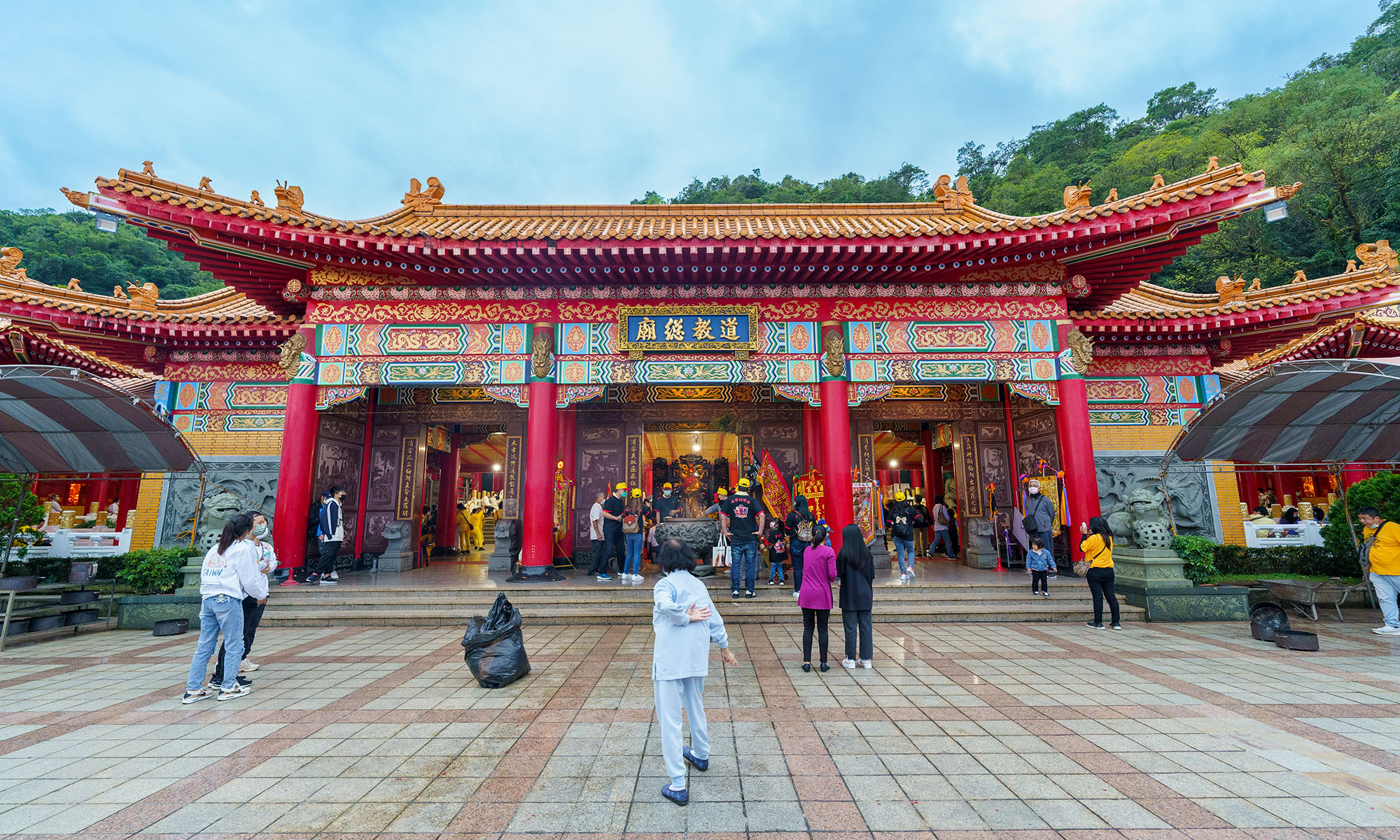The richness of the local culture, the county’s laid back vibe, and the slower pace of life all make Yilan a great destination for seniors traveling to Taiwan. The county offers traveling seniors multiple hot spring destinations, rare cold springs, traditional arts centers and historic streets.
📍 Route 1: Northern Yilan
Toucheng Historic Town
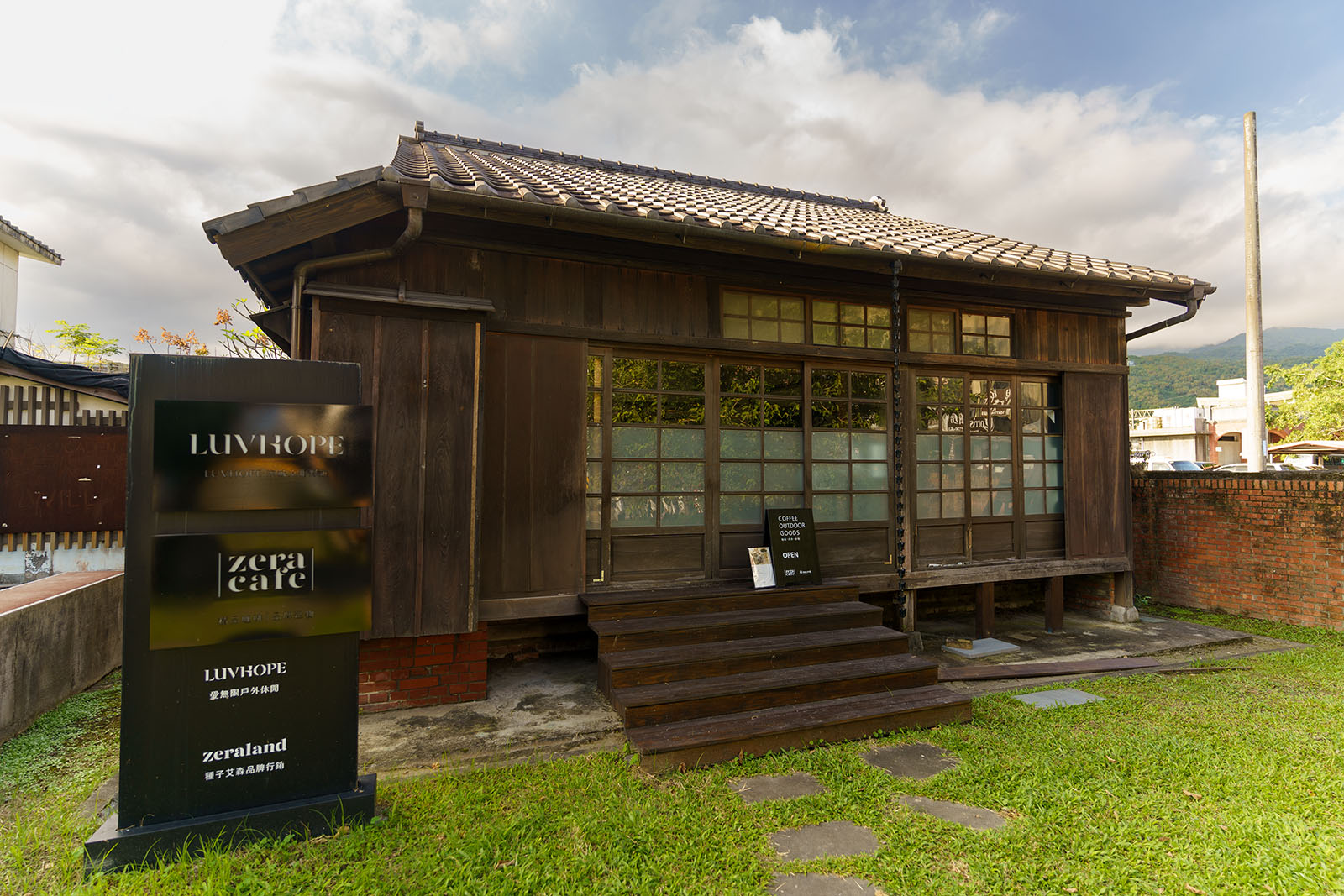
Toucheng is relatively low-key compared to the popular touristic historic districts of Northern and Western Taiwan. Toucheng was the first Han town in Yilan. its oldest street dates back to the Qing dynasty in the 1700s. However, when an American ship ran around outside of Wushi Port in 1883 and blocked the areas trade routes, the town quickly lost its prestige. Today, the town is popular with surfers and local tourists traveling through the Northeast and Yilan Coast National Scenic Area. The majority of the historic buildings are abandoned, but several impressive facades remain, and local temples give off a peaceful vibe. Toucheng is also home to delicious street food and many cafes run out of renovated historic buildings.
The Toucheng Qingyuan Temple, which dates back to 1796, features a large empty courtyard.
« Read LessLanyang Museum
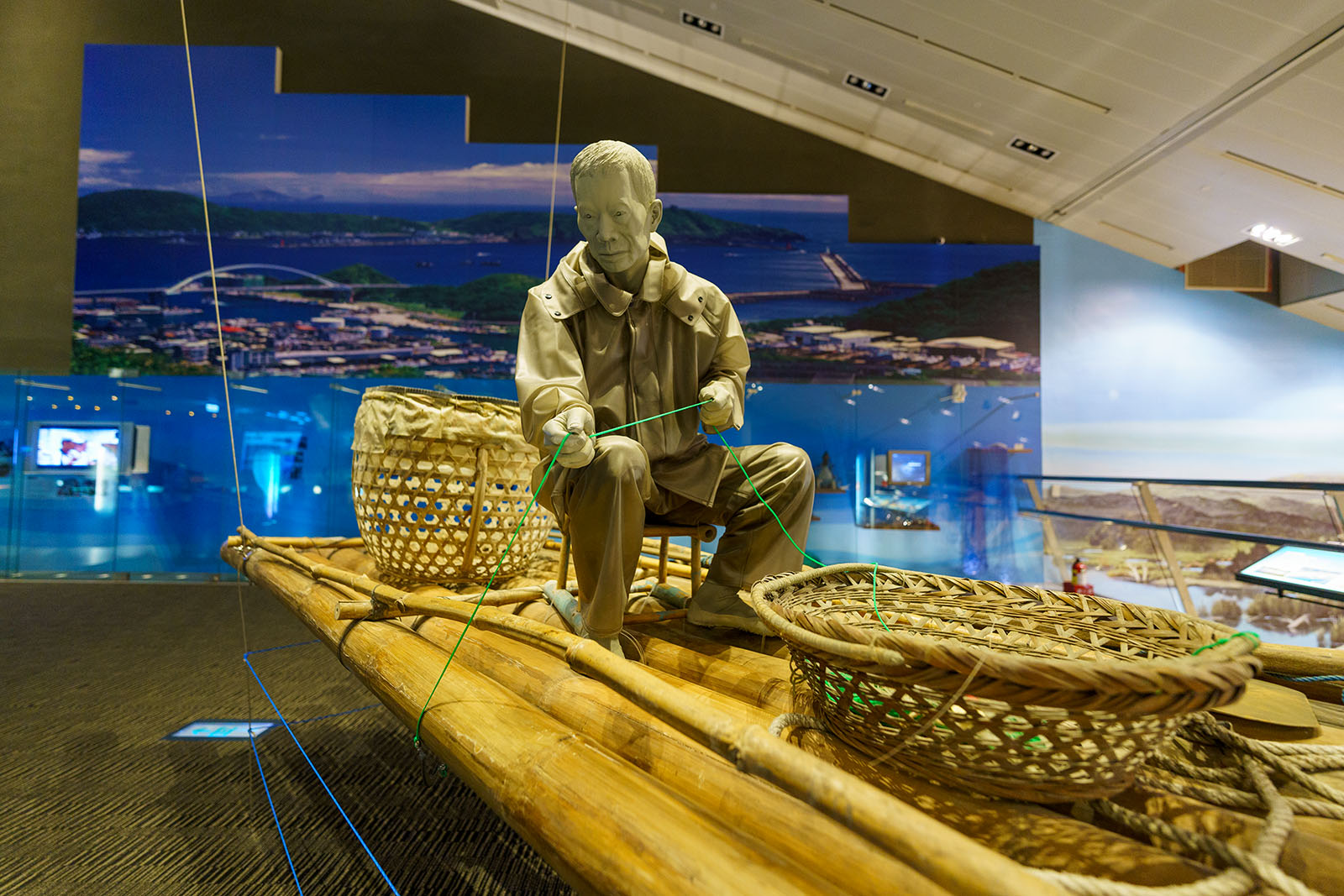
From a distance, the Lanyang Museum resembles a black rock. Its experimental and minimalist architecture was meant to resemble coastal landforms called “cuestas” that occur naturally along the coast of Northern Yilan, and to coexist with the surrounding wetlands environments. The museum celebrates the diverse culture of the Yilan plain and includes exhibits dedicated to mountainous forests, streams, and ocean, all of which are indispensable to life in the Lanyang Plain. Highlights include a full-size sampan (traditional coastal fishing boat) as well as the Archaeological Kid’s Land exhibition, where children can use their six senses to learn about prehistoric society.
Jiaoxi Hot Springs

The Jiaoxi Hot Springs are a must-visit for couples traveling through Yilan. Although Jiaoxi is considered a rural town, the hot-spring-driven downtown area here is often more “happening” than the city of Yilan itself. The public Tangweigou Hot Spring park has been a famous attraction in Yilan since the Qing dynasty. A common weekend getaway for Taipei residents at all times of year, it is common for the main streets to be filled with tourists on Friday and Saturday nights. Jiaoxi is also host to many famous barrel broiled chicken restaurants, which adds to the traffic on all days of the week. The majority of hot spring hotels here offer overnight lodging, while two traditional hot spring spas closer to the mountains operate on a private room by-the-hour basis.
📍 Route 2: Yilan’s Forests
Fushan Botanical Garden
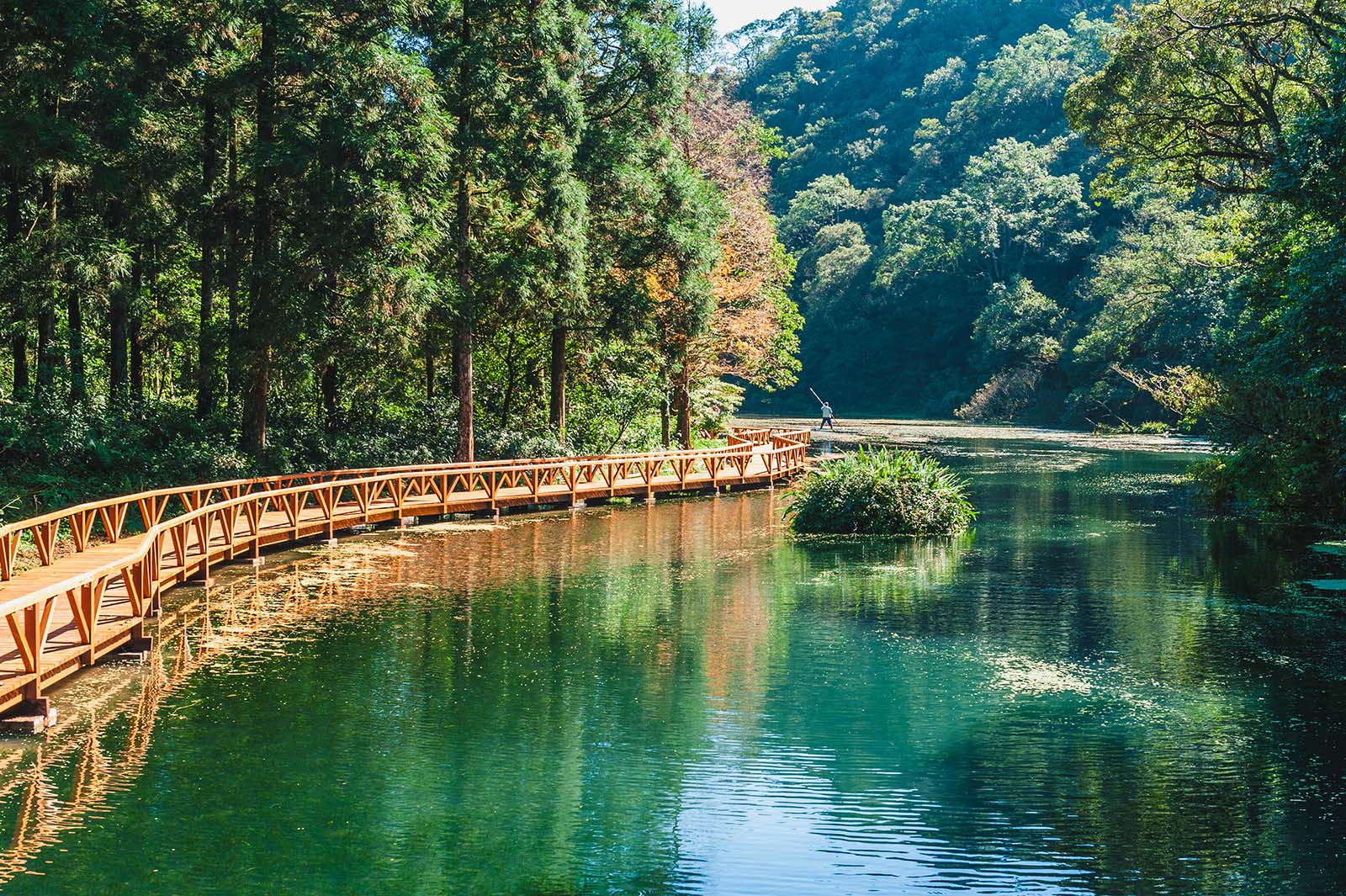
Fushan Botanical Garden, also known as Fushan Experimental Forest, can be thought of as a remote ecological museum. Located in one of Taiwan’s most wet and humid regions, with an average rainfall of over 4 meters and averaging around 270 rainy days a year. Nevertheless, this remote and protected area usually reaches its limit of 500 visitors per weekday and 600 per holiday. Fushan is Taiwan’s largest botanical garden with over 20 kilometers of walking paths to explore over 700 recorded species of plants. Permits are required to visit and need to be applied for at least 35 days in advance. There is no cost of admission however. Visitors should bring umbrellas or rainproof jackets, even if Taipei and Yilan City are bone dry.
Kavalan Distillery
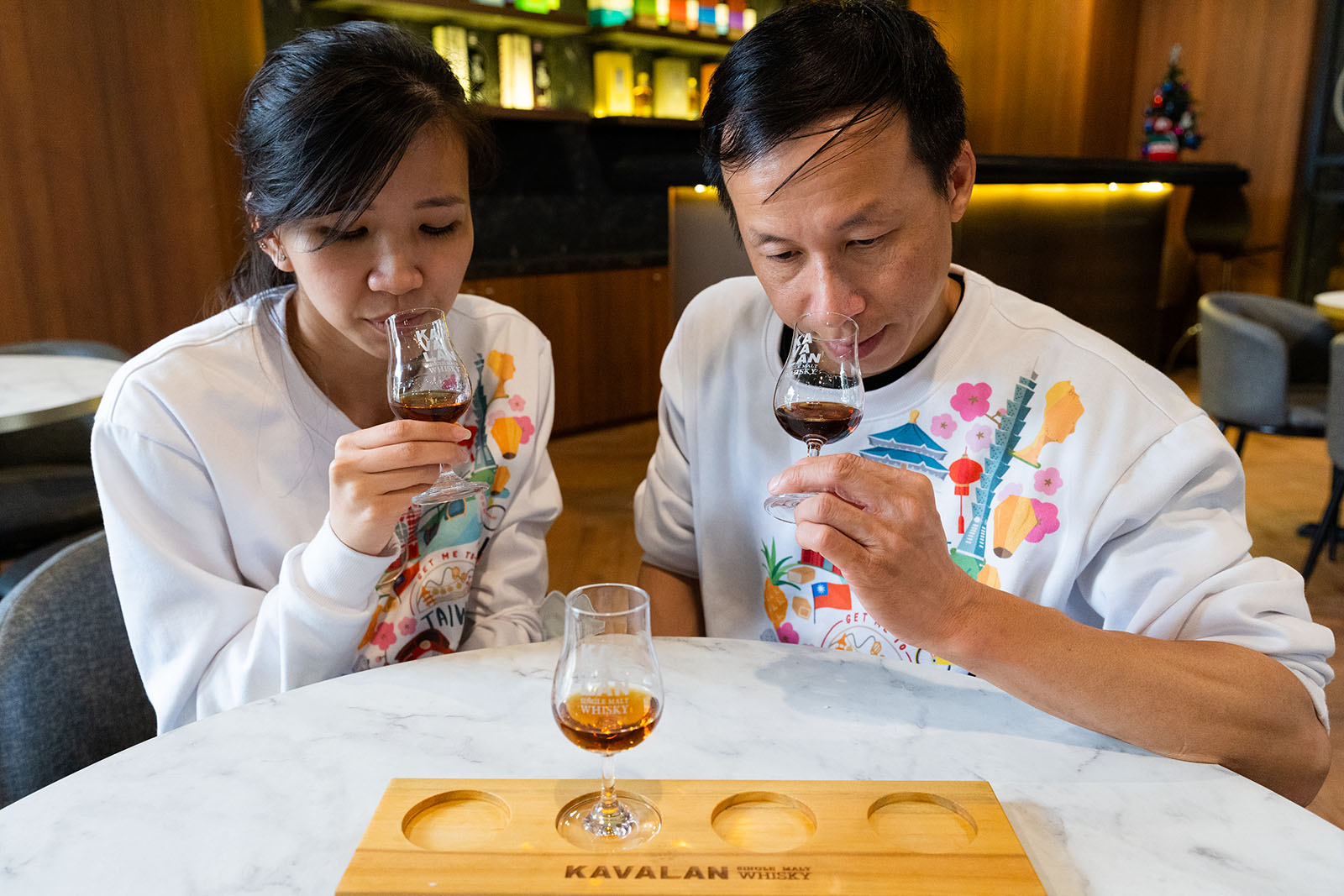
Kavalan Distillery has been pioneering the art of single malt whisky in Yilan County, Taiwan since 2005. The brand itself is named after the Kavalan indigenous group, who inhabit the Yilan Plain since the 19th century. After releasing its first whiskey in 2008, the brand quickly began accumulating awards for its single malts. The Kavalan Distillery offers free guided tours and self-service tastings. For English tours, be sure to call and book in advance as guides may not be available every day.
Jiuzhize (Renze) Hot Springs
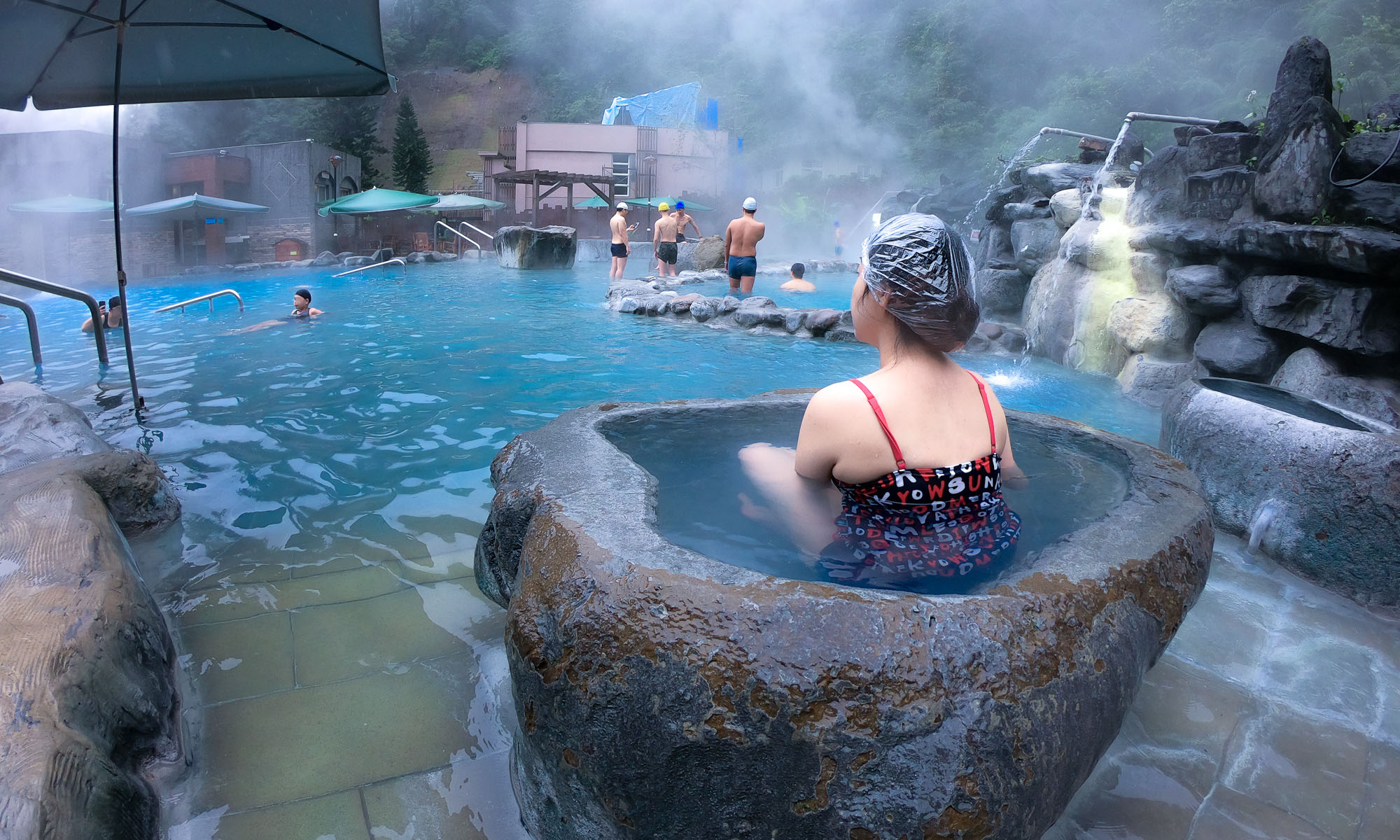
Jioujhihze Hot Spring is a remote hot spring spa inside the Taipingshan National Forest Recreation Area just south of Yilan. The spa itself is built on the side of Duowang River, surrounded by dense coniferous and broadleaf forest, making it one of Taiwan’s best hot spas for forest bathing. Named the “spa of the beauties”, the odorless sodium bicarbonate water here leaves the skin feeling refreshingly smooth and slippery. Bathing options here include one large public co-ed pool which is almost deep enough to swim in, private mens and womens spas. Private hot spring suites can also be rented. Adjacent to the parking lot, there is an egg-boiling pool and a short walk across a suspension bridge leads to the Jioujhihze Nature Trail, a 1.1 kilometer long trail that weaves through the forest on the other side of the river.
📍 Route 3: Southern Yilan
Sanqing Taoist Temple
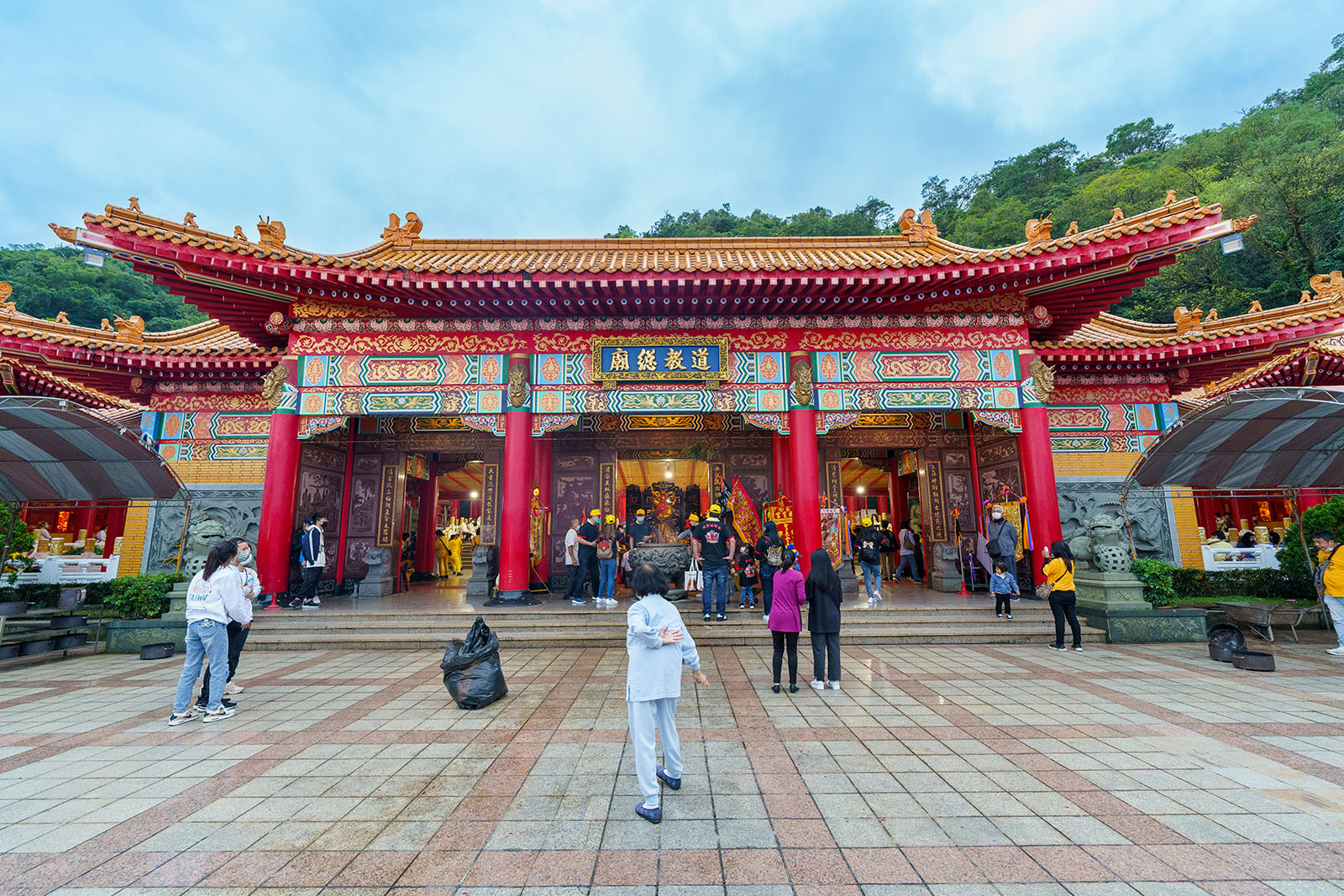
Sanqing Taoist Temple is the most famous Taoist temple in Taiwan. The temple functions as the headquarters of Taiwanese Taoism and is quite popular with tourists and pilgrims alike. Built in classical Chinese style, the temple’s stone construction and sweeping roofs are reminiscent of the Tang dynasty. Located on a mountainside above Yilan, the temple also affords excellent views of the Lanyang Plain and Meihua Pond below. Worship practices here are particularly eco-friendly: no paper money is burned and flowers, fruits, and incense are the main offerings.
National Center for Traditional Arts
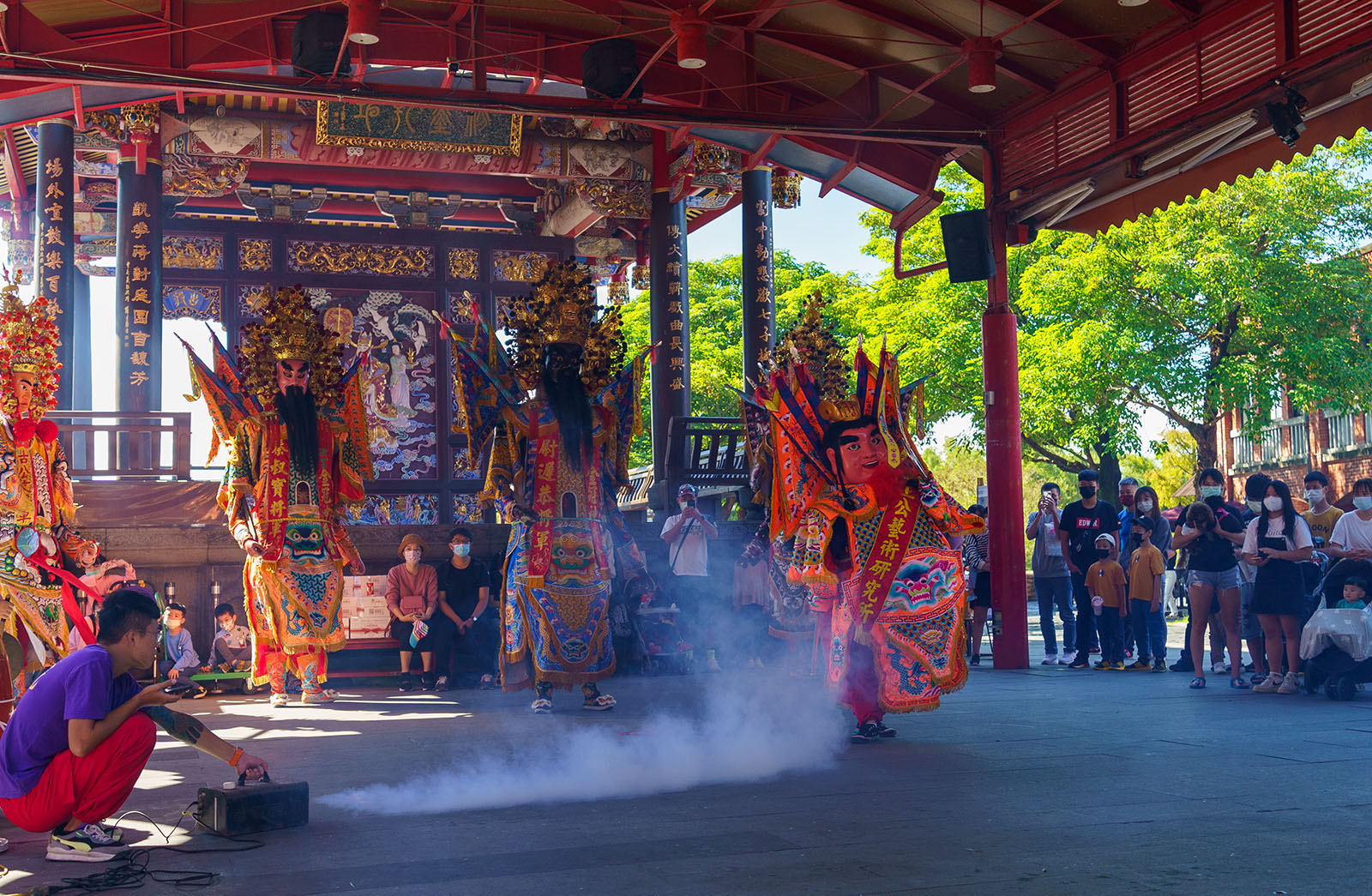
The National Center for Traditional Arts is an all-in-one stop for learning about Taiwan’s rich folk culture and local arts. The center itself is designed to mimic the scenery of Taiwan’s many historic districts and even features its own local temple, a theater, a shrine and several plazas. In addition to installation art, the center also features traditional restaurants, glove puppetry, temple fairs and daily performances. The center is meant to be a place where families and children can get hands-on experience with traditional culture and as such, DIY activities include hand-dyeing fabric, attending woodcraft workshops, and making oil-paper umbrellas.
Suao Cold Spring
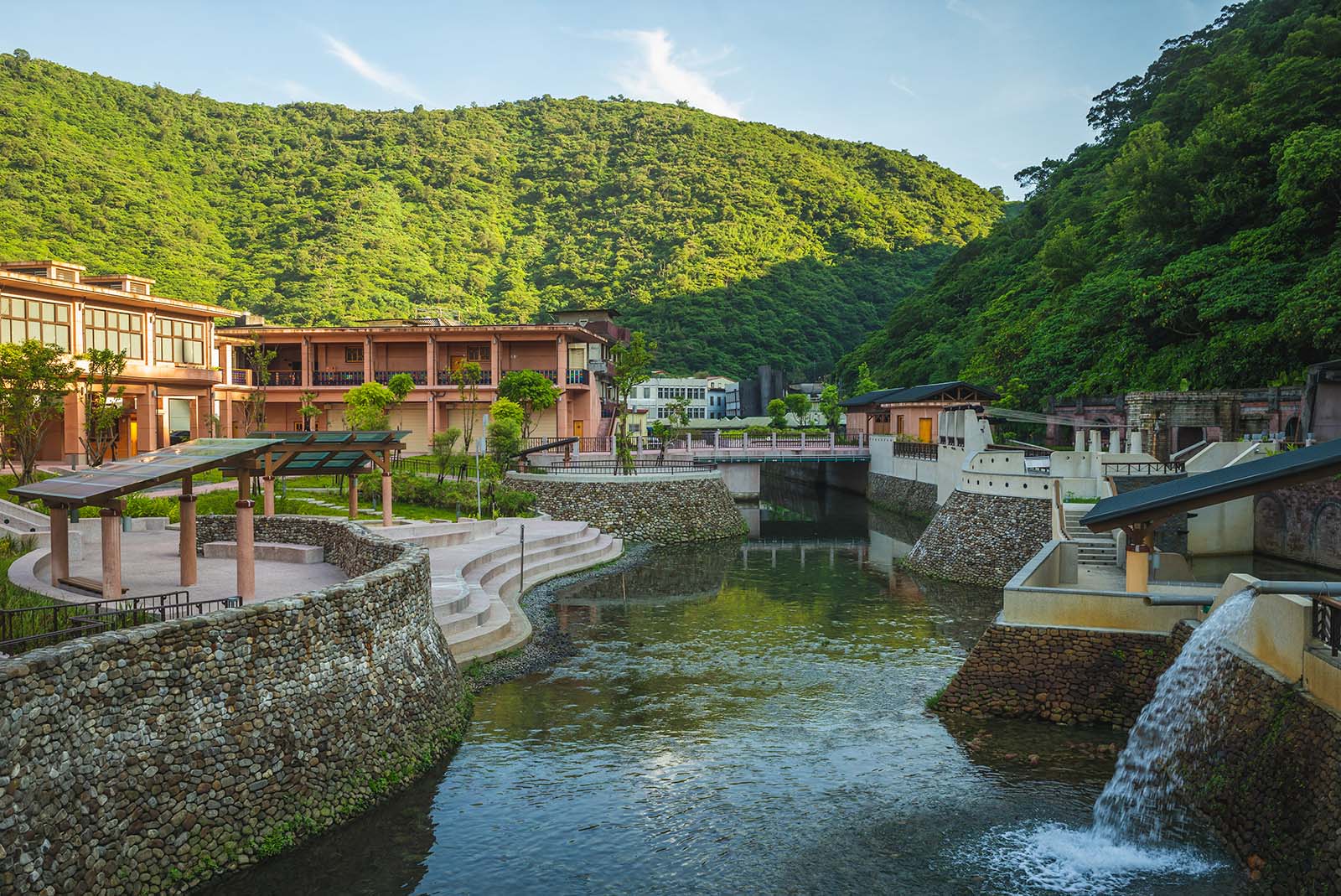
Cold mineral springs like the Su-ao Cold Spring are unique to Taiwan and Italy. The mineral rich waters here are a cool 22 C, perfect for cooling off in Taiwan’s hot summer, and for challenging (and cultivating) the body’s circulatory system during other seasons. It’s said that everyone shivers during the first five minutes of bathing, after which the body naturally adjusts to the cold temperature. Historically, the potable water from this spring was used to make two of the area’s well-known traditional snacks, sweet red bean jelly and traditional pearl soda.

